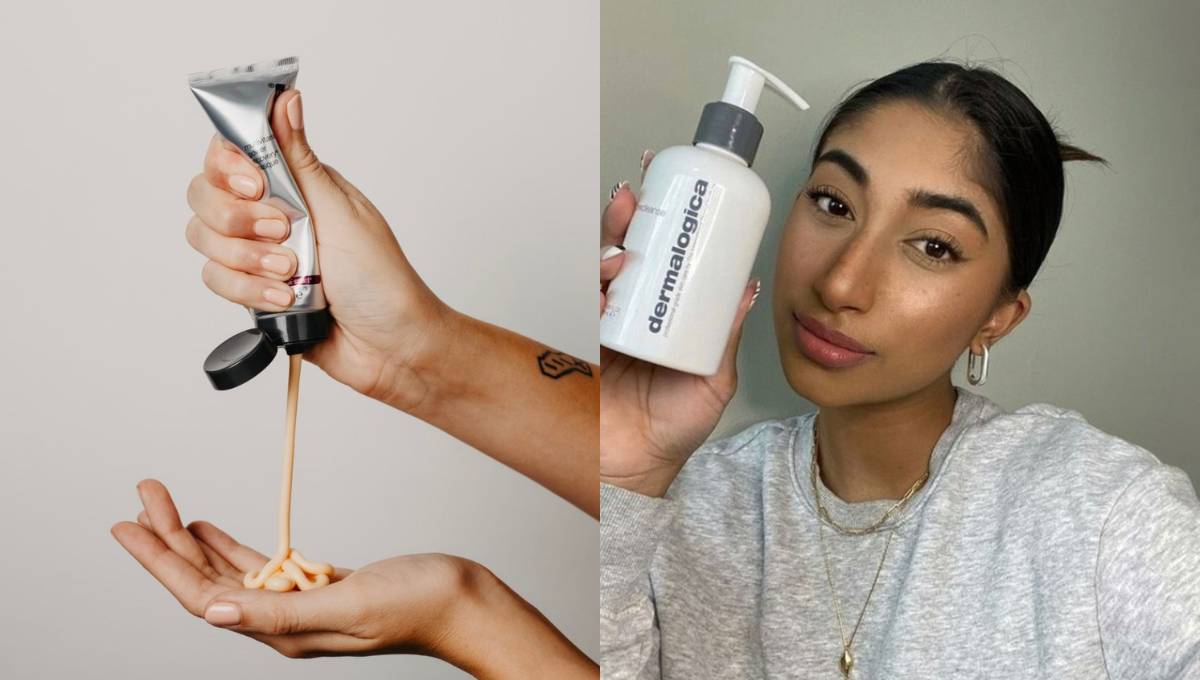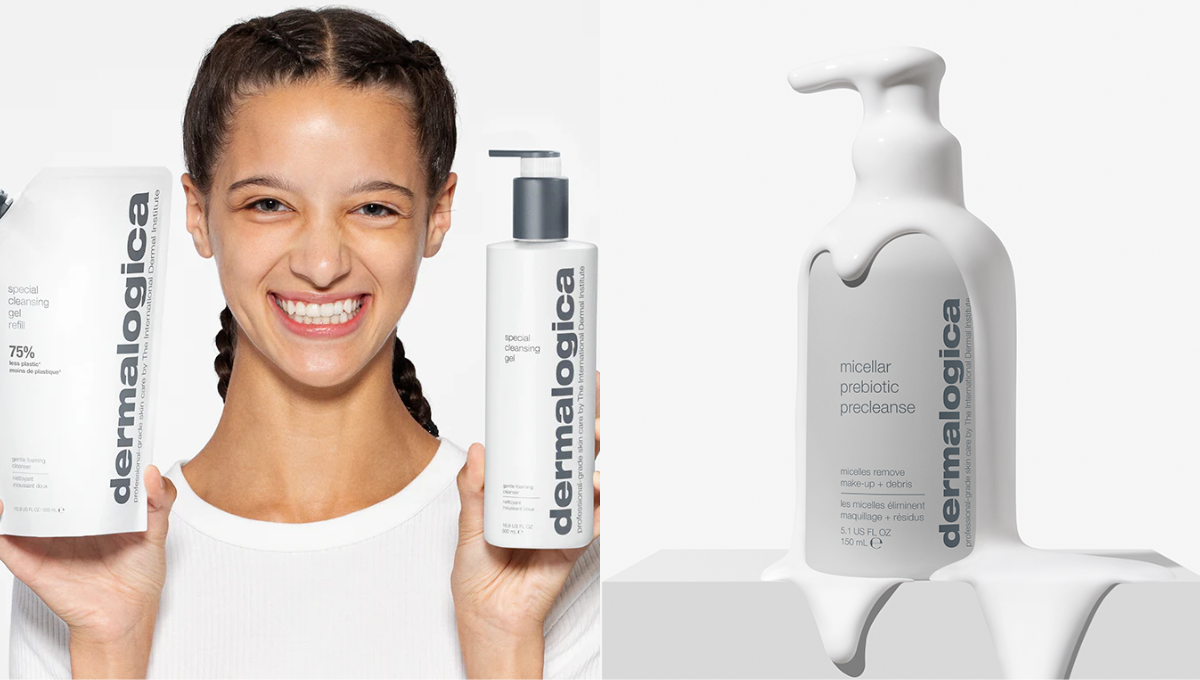Pregnancy is the time when you can expect the unexpected, even when it comes to your skin. At a time when hormones are at an all-time high, skin changes during are extremely common with about 90% of women experiencing some sort of skin problem throughout their pregnancy.
What are the most common skin complaints during pregnancy that we see as Prodermal skin therapists and what can we do to help guide you and your skin throughout your journey into motherhood?
One of the most common skin complaint has to be pigmentation or Melasma which affects 10- 25% of women throughout their pregnancy. This pigmentation, often referred to as the “mask of pregnancy” affects the forehead, chin and cheeks. Hormones, UV exposure and genetics also play a part in triggering pigmentation but during pregnancy, the increased levels of hormonal activity of estrogen, progesterone and the melanocyte stimulating hormones exacerbate it. The good news for some is that when hormones rebalance after pregnancy, transient Melasma can fade on its own. For others, Melasma can be a challenging skin condition that can be difficult to rid completely.
If you are noticing the tell-tale signs of brown spots or patches of Melasma developing during your pregnancy, the best options for your skin care regime are:
- Sun Protection. Try a sun screen that is a physical blocker, with ingredients like Titanium Dioxide or Zinc Oxide. Dermalogica’s Ultra Sensitive Tint spf30 or Super Sensitive Shield spf30 are good choices as they both contain physical sunscreens and include calming and soothing ingredients to keep a pregnant skin cool, hydrated and protected.
- Exfoliation can be included into your regime, although keep it simple and straightforward. Liz Fardon, Senior Training Specialist at Dermalogica-Australia, explained that if you have any concerns using Salicylic Acid or Retinols during pregnancy, a safe alternative to consider could be a wash off Lactic Acid cleanser like Skin Resurfacing Cleanser to gently smooth and brighten or Daily Microfoliantto polish and brighten skin.
- Its important to reduce the “triggers” of pigmentation and so target Melasma after pregnancy and breastfeeding when hormones settle. Then introduce active ingredients within products to target the areas of hyperpigmentation, or investigate the various forms of professional treatments now available.
This surge in hormones can also mean an increases in oil flow and oil production. With the stimulation of the sebaceous and sweat glands, your skin can become oiler which can mean blocked pores and pimples. Tackle this excess oiliness and congestion with absorbing clays which can be found in Dermalogica’s Dermal Clay Cleanser and Skin Refining Masque. They can be used all over the skin or in areas of excess oiliness.
A “pregnancy glow”“ is mainly due to the blood flow increasing but this also means that your skin can experience flare ups as cellular responses switch from you to your baby, making you more susceptible to flushing, redness, skin rashes or even excema. Itchiness is very common and can be due to dryness and skin stretching. Respond to your skin needs by using products with calming and soothing ingredients like Oats, Evening Primrose Oi, Sunflower Oil and Panthenol. All of which can be found in the Dermalogica Ultracalming range of products to enhance and repair the barrier function of your skin. For a dryer skin try the Phyto Replenish Oiland mix in with your moisturiser or use alone for a nourshing boost. For ultra hydration use the Skin Hydrating Masquea couple of times a week to help restore suppleness, hydration and to soothe and calm skin. This masque is a great multitasker as it can be used all over the face, eyes and neck. For the body, avoid harsh soaps and long hot showers or baths, moisturise twice a day and wear natural fibres if possible.

The most common ingredient to avoid during pregnancy is Vitamin A, as some studies have shown that in high doses could be harmful to an unborn baby. The recommendation is to discontinue the use of all retinol topical products until after pregnancy and breastfeeding.
If in doubt always seek advice from your Doctor or Medical practitioner and don’t be afraid to ask questions when you are purchasing skin care products. Stick to your skin care basics, seek advice from professionals and adjust your regime where required. Lastly, enjoy this new journey into motherhood.
Wishing you a Happy Mothers day!
Yours in skin,
The prodermal team x
references/research: Dr Claudia Aguirre - International Dermal Institute



